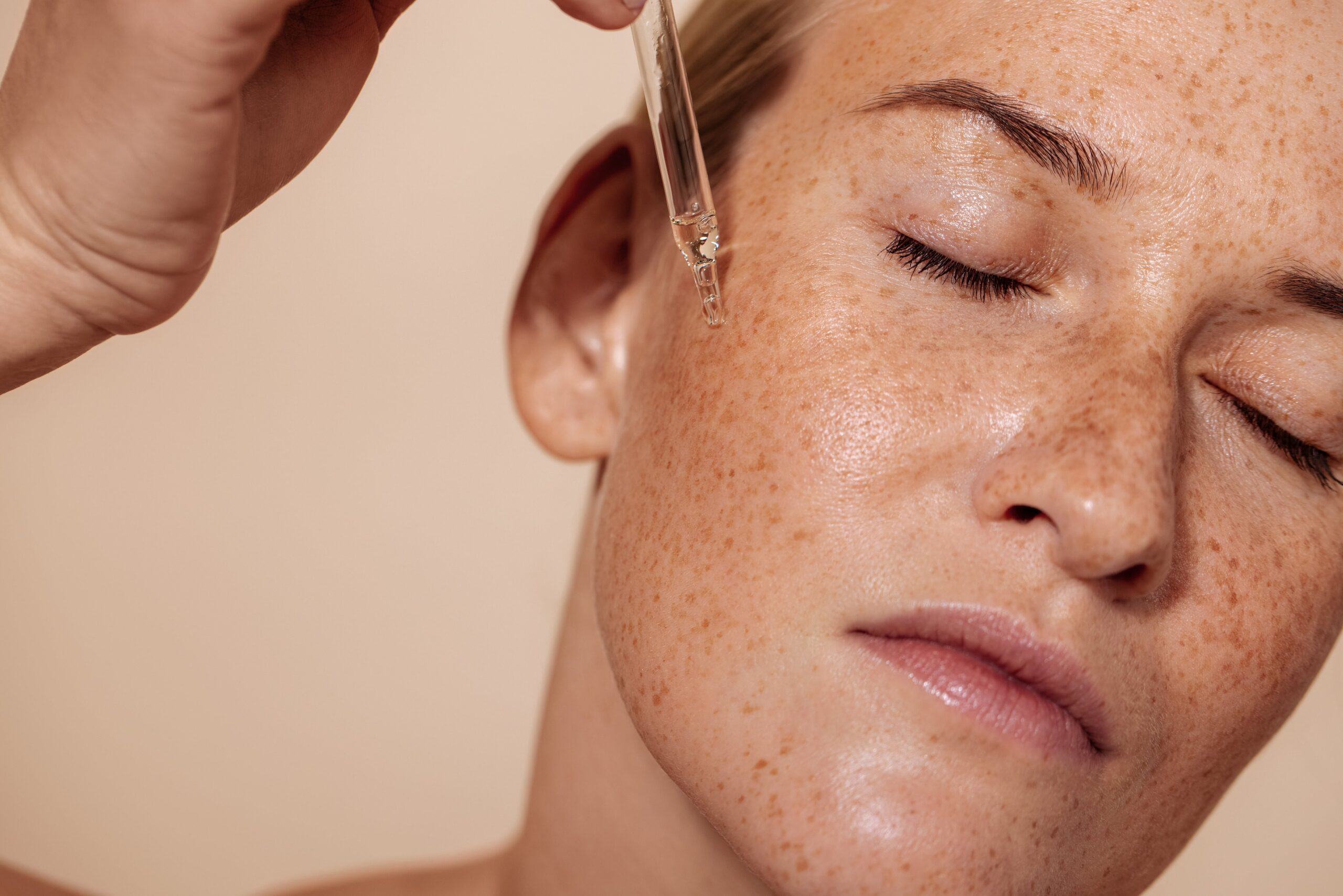BREAKING: Exosomes, the latest trend in skincare and haircare, are revolutionizing beauty products across the globe. These powerful nano-sized vesicles are now being hailed for their potential to enhance collagen production, promote skin regeneration, and stimulate hair growth. The beauty aisle is buzzing with exosome-infused products, catching the attention of consumers and experts alike.
Just announced: Dermatologists confirm that exosomes can actively communicate with cells, delivering growth factors and proteins that support skin health. “Exosomes are used in skincare because of their anti-inflammatory and regenerative properties,” explained Hadley King, a board-certified dermatologist based in New York City. This innovative ingredient is set to disrupt the longstanding dominance of FDA-approved treatments like Retin-A and Rogaine.
The surge in exosome popularity is not just a fad. Studies reveal that these vesicles can effectively enhance the body’s natural healing abilities. “They boss cells around, telling them to behave well,” noted Joshua Korman, founder of Korman Plastic Surgery in Northern California. As more consumers dive into this trend, many are left questioning: Are exosomes the real deal?
Why this matters NOW: With the beauty industry rapidly evolving, consumers are seeking alternatives to traditional treatments. Exosome-infused products promise not only immediate beauty benefits but also long-term skin health. Moreover, as companies continue to innovate, the market is flooded with options, making it essential for consumers to understand what to look for.
Exosomes derived from human sources, such as umbilical cord blood or fat tissue, are deemed the most effective. However, experts caution that product quality can vary significantly due to the lack of FDA regulation on over-the-counter skincare. Brendan Camp, a board-certified dermatologist, emphasized the importance of sourcing: “Human-derived exosomes can have stability and contamination issues.”
When shopping for these products, consumers should look for specific terms on labels, including “human adipose stromal cell exosomes” or “plant culture-derived exosomes.” Some popular options include Elevai Enfinity, which claims to boost skin elasticity and reduce fine lines, and Peach & Lily MiniProtein Ampoule, a more affordable choice.
In the realm of haircare, exosomes are also making waves. They may help combat hair thinning by promoting growth and calming inflammation. Products like Exoceuticals Exo Fortify are designed to encourage hair follicles into the active growth phase, leading to thicker hair over time.
Clinical applications of exosomes are gaining traction as well. Dermatologists are using these vesicles following procedures like laser resurfacing and microneedling to enhance healing and improve results. “Recent studies have shown that when exosomes from dermal papillae cells of hair follicles were injected into hair follicles, they were able to increase hair growth,” Dr. King stated.
Despite the exciting potential, it’s crucial for consumers to approach exosome treatments with caution. The FDA has not approved exosomes for topical or injectable use in cosmetic applications, which means safety and efficacy are still under review. Experts advise seeking treatments from licensed providers, especially when considering off-label applications.
As the beauty community embraces this cutting-edge ingredient, the demand for exosome products is likely to surge. “More will certainly hit the market as the popularity increases,” Dr. King predicts. With the promise of rejuvenation and healing, exosomes are poised to redefine beauty standards and practices.
With so much excitement surrounding exosomes, consumers are encouraged to stay informed and cautious as they explore this new frontier in skincare and haircare. The next big thing in beauty could very well be here to stay—are you ready to join the revolution?




































































